Browse all summer courses
ASE Summer Schools in Bath
June 6 - July 11, 2026
Limited places are available on each course to preserve the small, interactive class experience, and places will be allocated to suitably qualified applicants on a first-come-first-served basis.
The deadline for initial applications is February 15, 2026.

Acting, British Style
From Dame Maggie Smith to Naomie Harris, from Sir Ian McKellen to Idris Elba and Andrew Scott, British actors are world-renowned for their versatility and skill. But what does it mean to learn to act, British style?
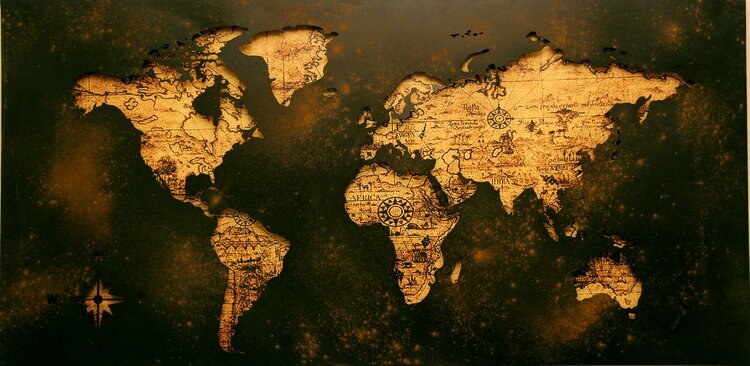
Bath, Britain and the Black Atlantic
This course examines the history of British involvement in the trade of enslaved Africans and the writing of some of the people most profoundly touched by that trade.
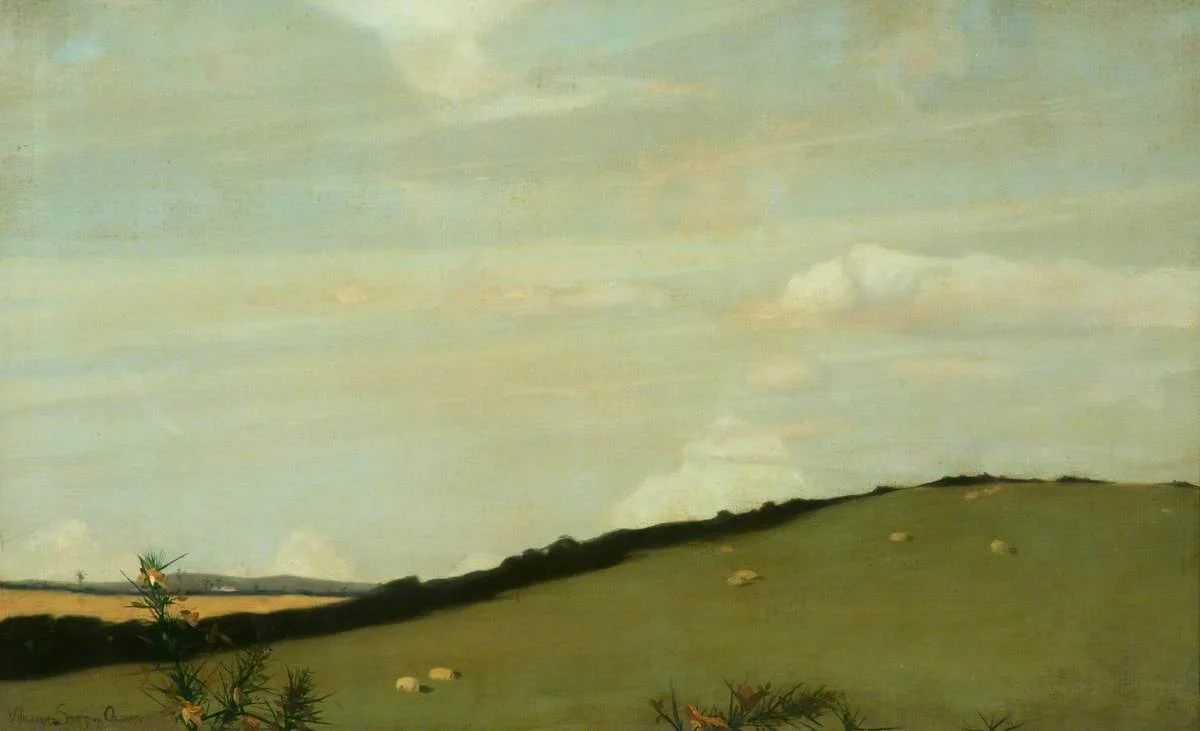
Beyond ‘Nature Poetry’
‘Nature poetry’ . . . ‘pastoral’ . . . ‘environmental poetry’ . . . ‘green poetry’ . . . ‘ecopoetry’: this proliferation of names for related sub-genres highlights the diverse and changing ways in which poems construct ‘nature’ as a subject. For all their differing contexts, objectives, attitudes, and forms, such poems are linked by their common history, inherited tropes, and shared responsiveness to the natural world.
As we analyse the particularities of individual poems and explore points of connection between them, we'll consider such questions as the following: How does poetry illuminate the varied and changing ways in which humans perceive, construct, interact with, inhabit, and alter our environments?
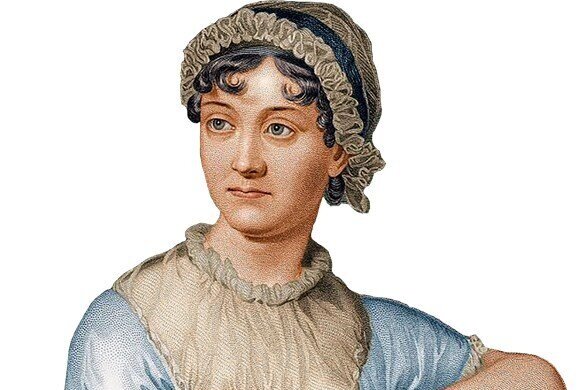
Jane Austen in Bath
Austen reputedly fainted on hearing that her family would move to Bath in 1801. Scholars have argued about her reaction: was it joy or horror?
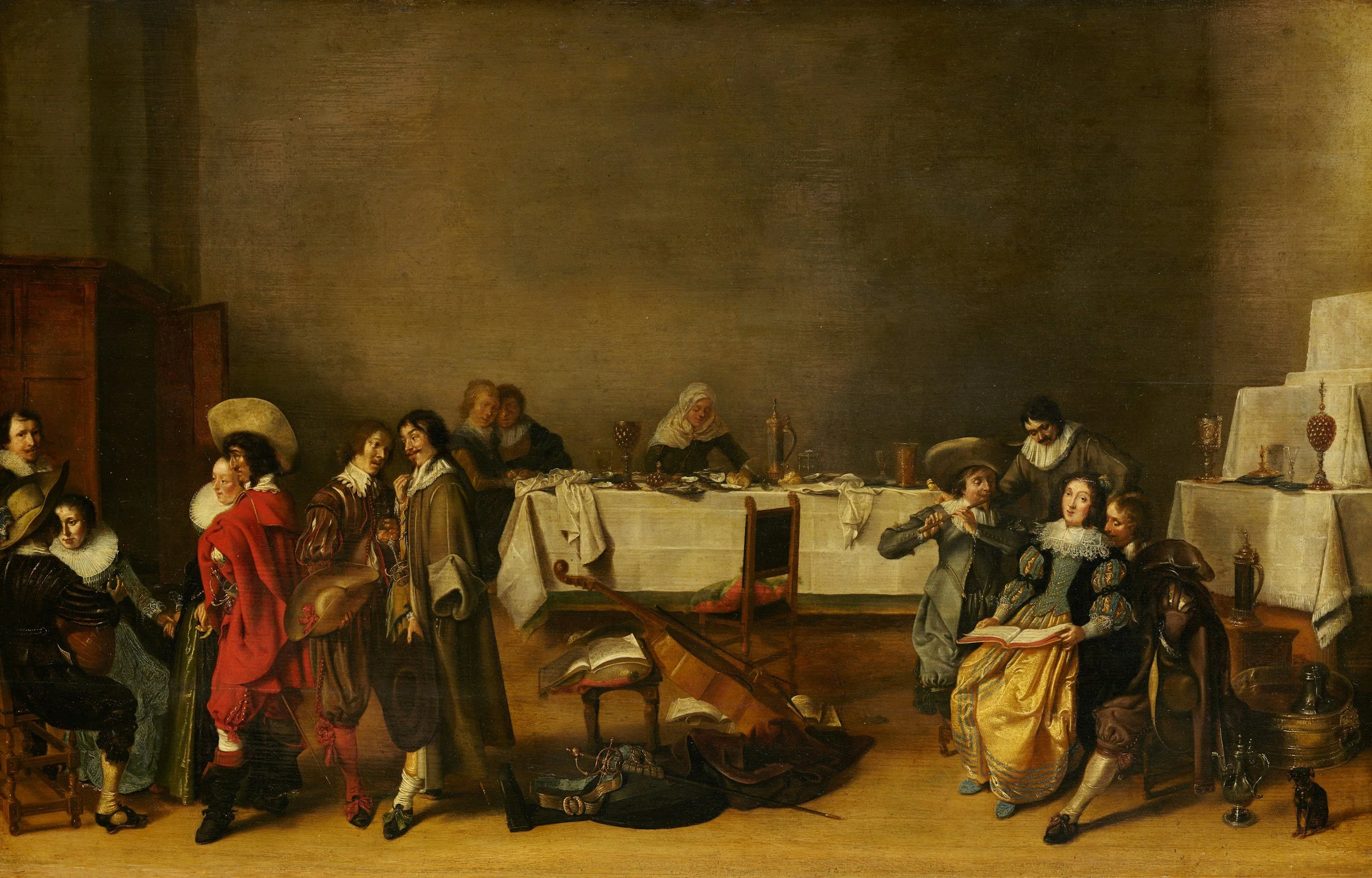
Love, Sex, and Friendship in Early Modern England
How did 16th- and 17th-century English writers talk about love, sex, and friendship, and how were early modern representations of love and desire shaped by understandings of gender, sexuality, race, disability, class, and other identity categories?
This course focuses on representations of relationships between friends, lovers, and spouses in 16th- and 17th-century literature.

Not Just Shakespeare: British Theatre History
Realism, Naturalism, Romanticism, Total Theatre, Socialist and Feminist Drama: there have been numerous developments in British Theatre since William Shakespeare and the Renaissance.

Novel Writing in England
Flannery O’Connor wrote, “Writing a novel is a terrible experience, during which the hair often falls out and the teeth decay.” Writing a novel can be challenging, but it can also be exhilarating and rewarding—unlike anything else you will ever try to do. If you have ever dreamed of writing a novel, this course will help you get started.

School Placement
Education Summer School Students will have a daily placement at a local school, allowing the simultaneous development of education theory and practice.

Sexuality and Gender Identity in Ancient Rome
The ancient Romans thought and wrote a lot about sex, sexual desire, gender, and gender identity. Much of their literature is more open and explicit about these topics than is most modern European and American writing. Recent scholarship has argued, however, that their notion of sexuality/ sexual identity was radically different from our own.
In this course, we will explore how the Romans organized the world of sex by reading a wide range of texts from the Roman period in English translation, all of which have to do with the experience of sexual desire and/ or gender identity and presentation.

Spying and Literature: Reading and Interpreting Surveillance Stories
Everyone spies and everyone is spied upon, but how do we learn to surveil ourselves and others? Using a range of genres including picture books, novels, short stories, plays, and video, we will investigate ideas about both the stories we tell and the choices we make while telling them. We will explore how narrative structures shape attitudes toward surveillance and truth, compare the ways different genres function in relation to surveillance, and examine how attitudes toward surveillance have changed over time in literature, both reflecting and enabling cultural shifts.
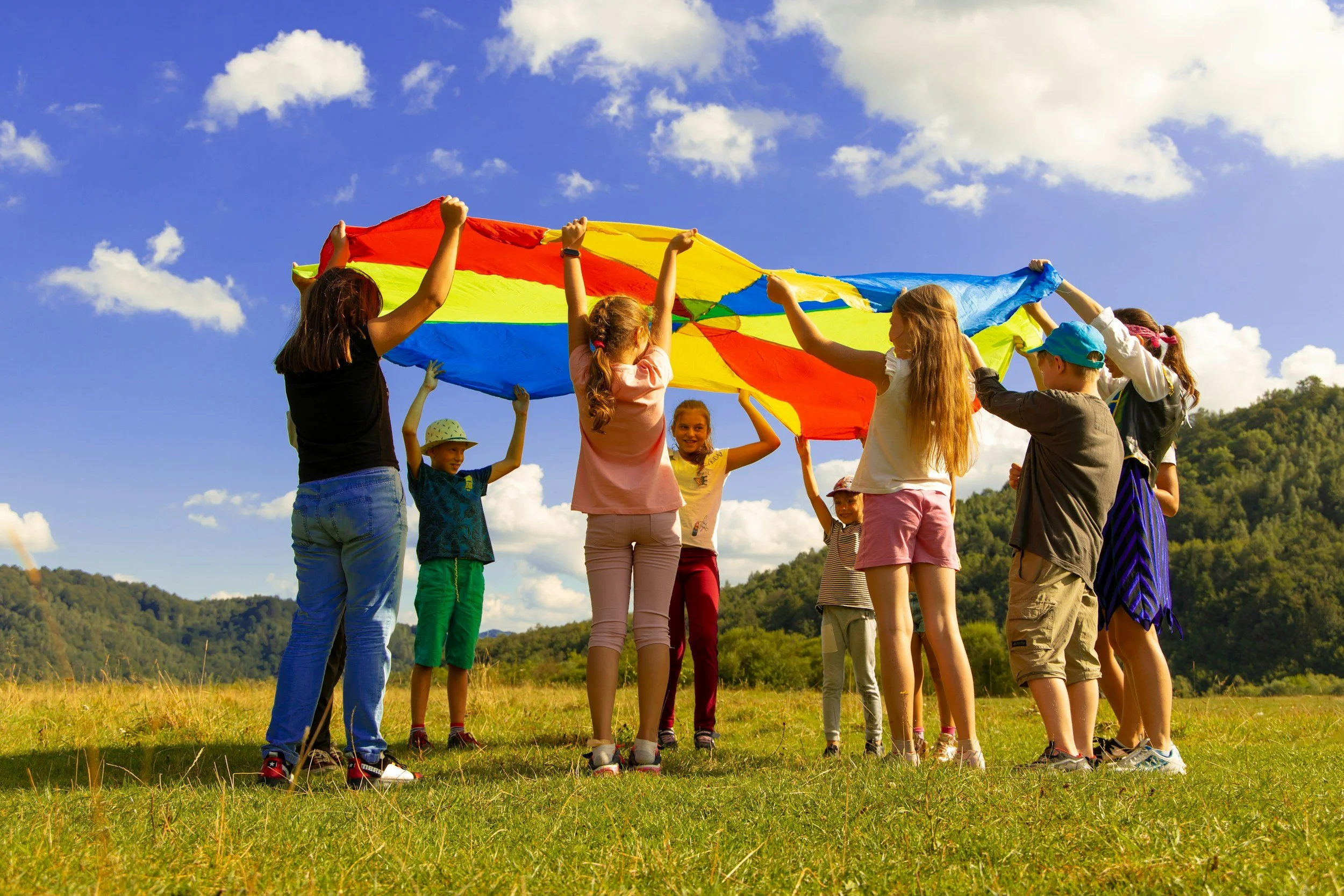
The Good Childhood
What does it mean to have a good childhood? At the heart of the good childhood, a shared Nordic ideal, is the premise that children have fundamental rights to a high quality of life, including the freedom to play, enjoy childhood, and be well-cared for by their families, schools, and the larger society.
In this course, students explore what a good childhood looks like in different communities and from the perspectives of children, parents, and teachers.

The Romans in Britain
This course investigates both the impact of the Roman invasion upon Britain and also the role and function of Britain within the wider Roman empire.

Teaching Diverse Students in the US and England
Today’s classrooms are rich with many kinds of diversity. This course will address future educators’ development in teaching diverse groups of learners, examining how best to apply theories of learning and development to the practice of teaching.
Our particular focus will be on cultivating a strengths-based approach, incorporating the unique family and community contexts of our learners into the design and implementation of learning units.
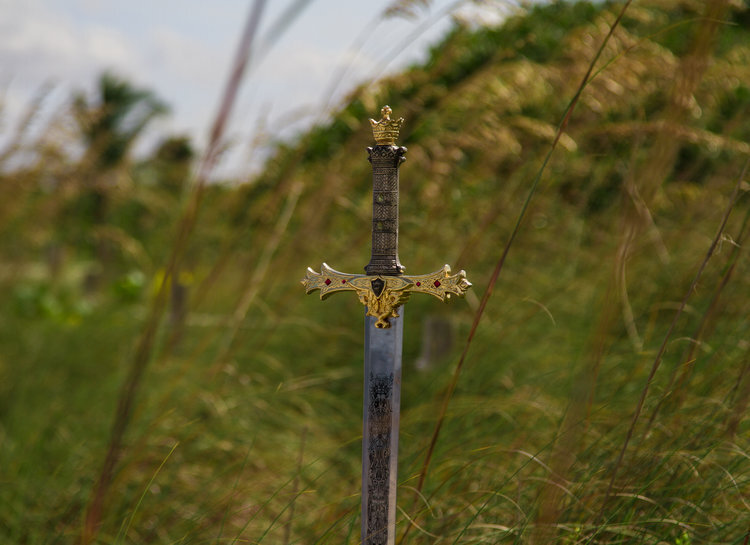
Legends of the Round Table
Ready for a quest? In this course, we will study the stories of King Arthur, Merlin, and the Knights of the Round Table, from their mediaeval origins to contemporary satires and critiques.
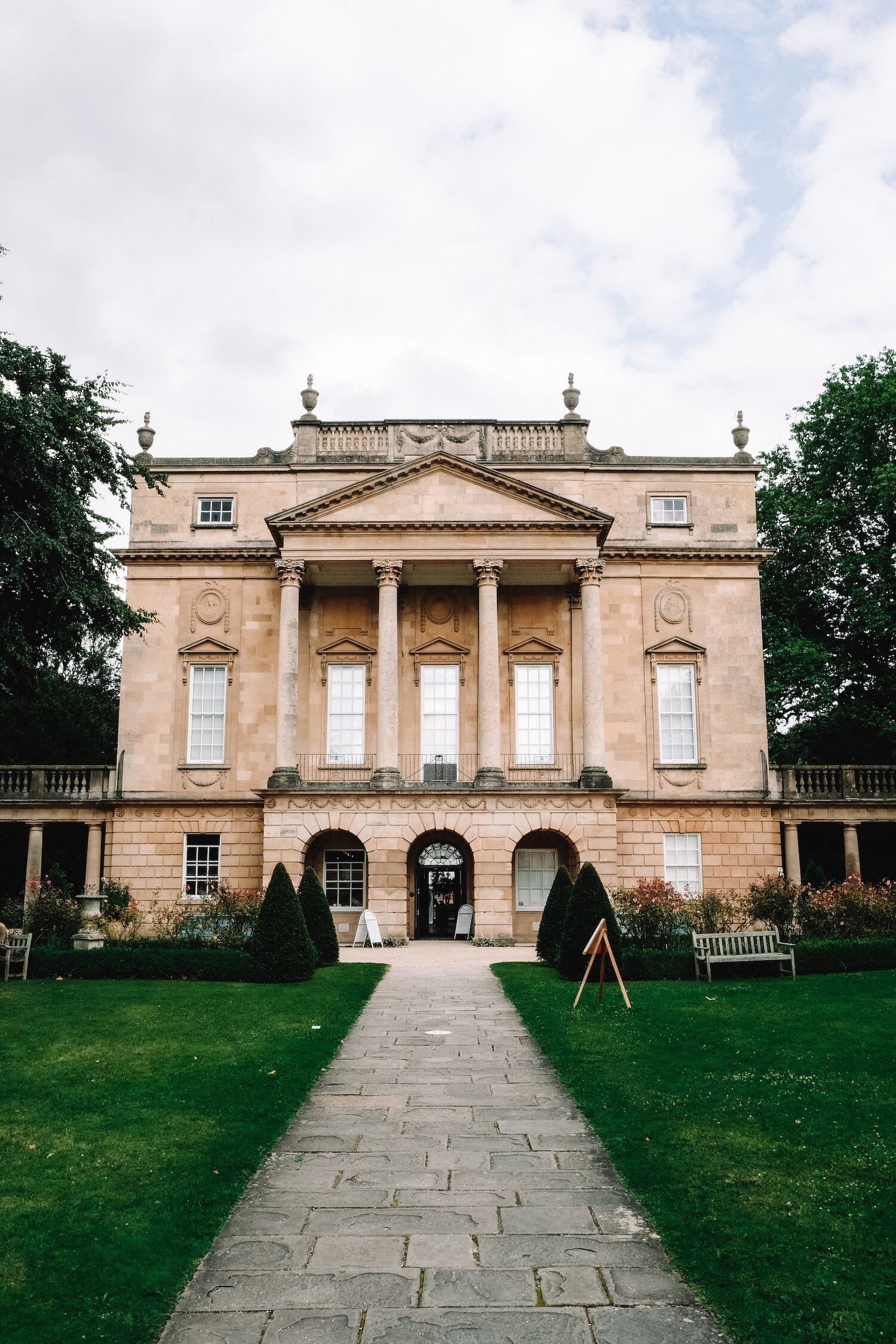
From Hitchcock to Bridgerton: Britain in Film and TV
Starting with Alfred Hitchcock’s early masterpiece The 39 Steps (1935), this course will follow the UK’s transformation from a confident imperial superpower in the 1930s to the globalised, post-Brexit present and analyse how film and TV have represented the dramatic political, social, and personal changes that came with it.

School Placement
Education Summer School Students will have a daily placement at a local primary school, allowing the simultaneous development of education theory and practice.

Acting, British Style
From Dame Maggie Smith to Naomie Harris, from Sir Ian McKellen to Idris Elba and Andrew Scott, British actors are world-renowned for their versatility and skill. But what does it mean to learn to act, British style?

Not Just Shakespeare: British Theatre History
Realism, Naturalism, Romanticism, Total Theatre, Socialist and Feminist Drama: there have been numerous developments in British Theatre since William Shakespeare and the Renaissance.
